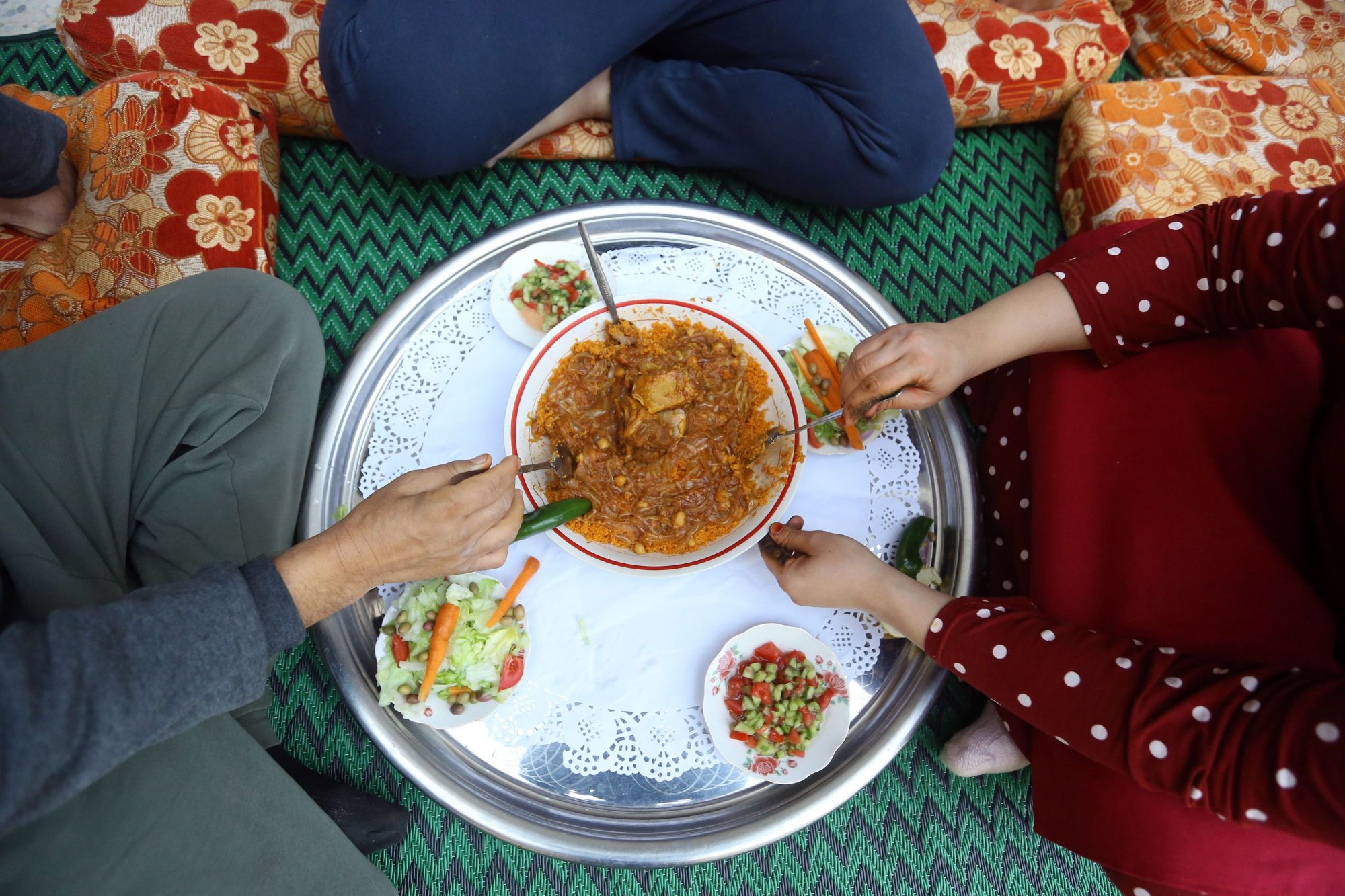They are nutritious, versatile and a dietary staple for millions of people from South Asia to Ethiopia, but scientists have warned that the humble chickpea is under threat from climate impacts such as higher temperatures, drought and pests.
The key to saving the chickpea could lie with a project cross-breeding domestic and wild varieties — found only in southeastern Turkey near the border with war-torn Syria — said a study published this week in the journal Nature Communications.
Unlike domestic crops, which receive dedicated care in the form of fertilizers and pesticides, their wild relatives are able to adapt to changing conditions, according to scientists.



